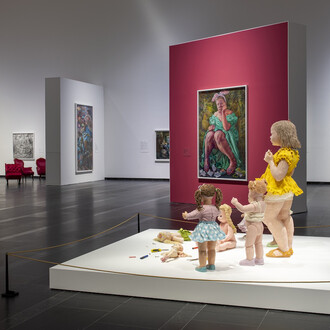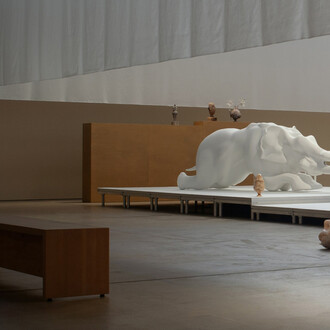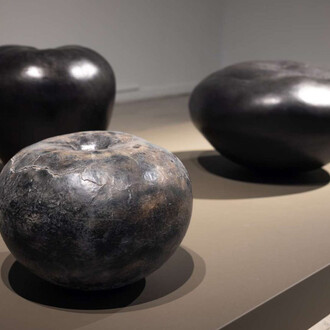Milja Viita’s new film installation examines the inevitability of the passage of time, the cyclical nature of history and the fragility of life. Does man learn anything from history, or are we doomed to make the same mistakes over and over again?
Milja Viita’s new film installation is inspired by the German classic film Menschen am sonntag (1930), which portrayed the leisure time of young adults in Berlin between the world wars. The film is now remembered particularly as the “last summer” before the rise of Nazism and the devastation of the Second World War.
People on sunday presents ten cinematic portraits. For her films, Viita draws on personal experiences and reflections on existence, which she combines with scientific or social observations.
The passage of time is at the heart of Viita’s work. In the film, human time and natural time are juxtaposed. Natural processes can be quite slow, and human life is a mere blink of an eye in this perspective. The scenes in the film focusing on the different stages of people’s lives remind us of this.
In the film, human time and nature time are juxtaposed.
Music plays an important role in Viita’s work. This is particularly evident in the two scenes in which we hear the Prelude in E minor (BWV 938), composed by Bach for his nine-year-old child three hundred years ago.
(The curator of the exhibition is Tomi Moisio)












